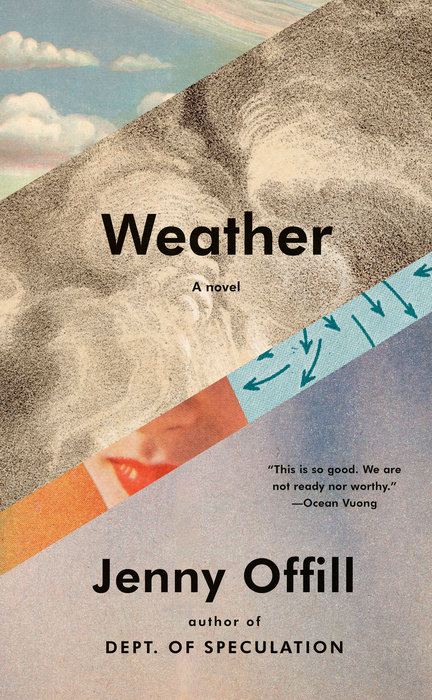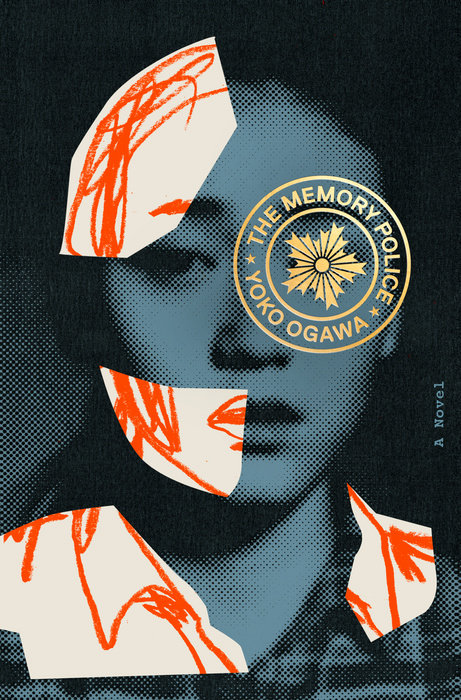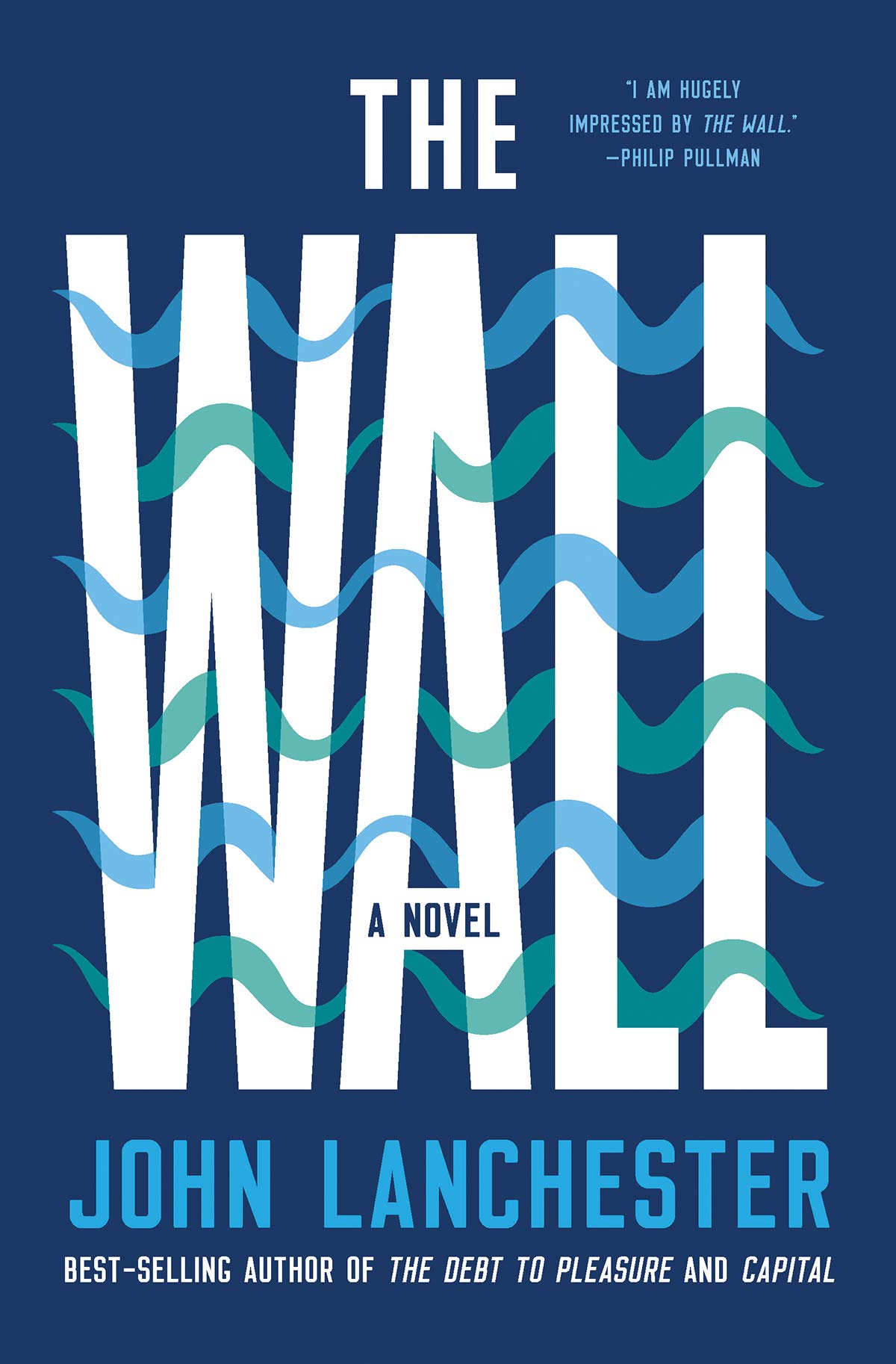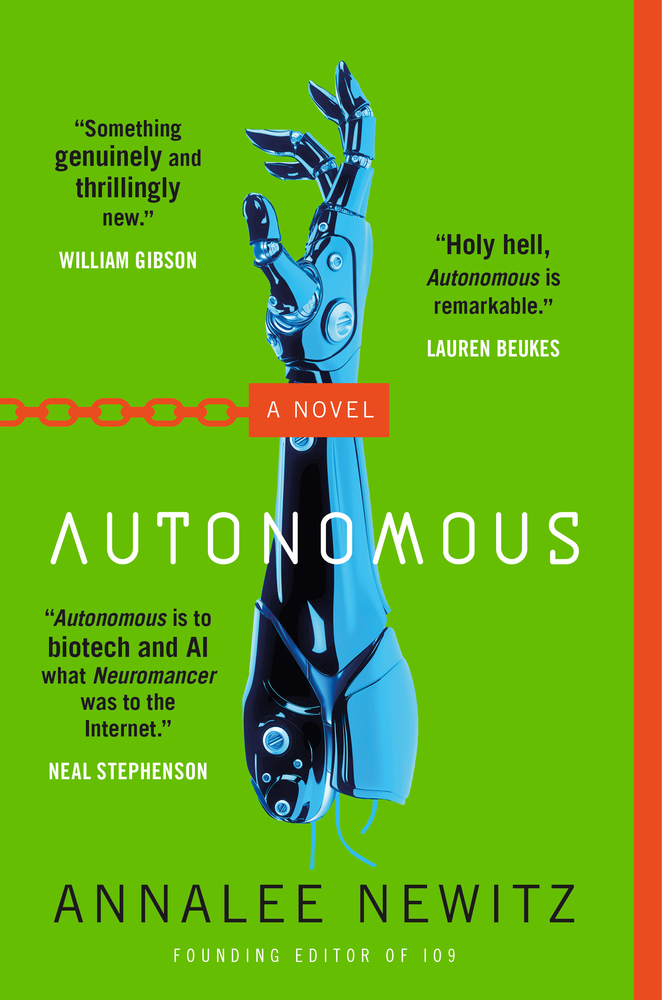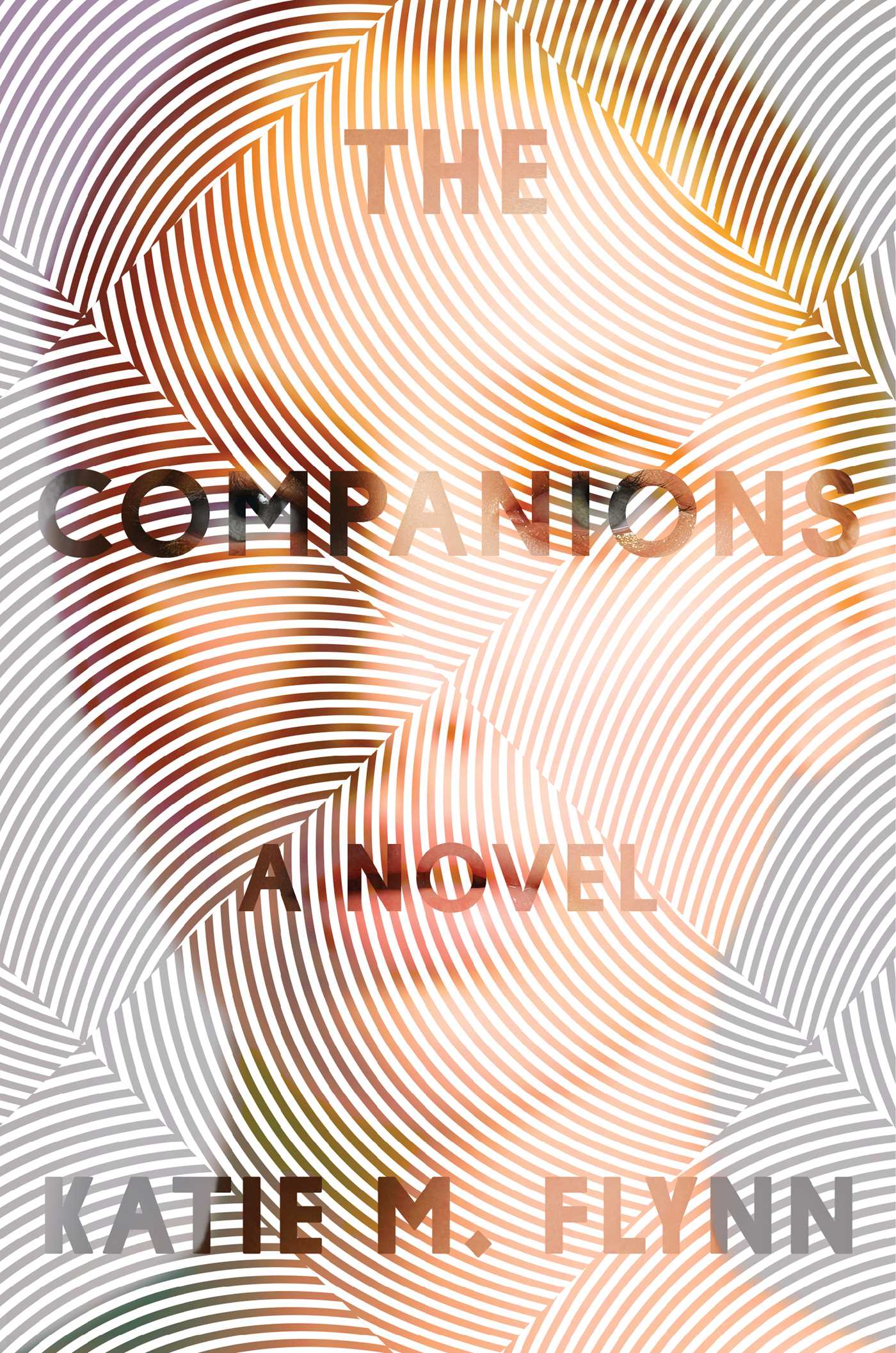Please join us in welcoming debut author Katie M. Flynn to Get Lit! Her near future novel, The Companions, chillingly explores a pandemic-ravaged world where the dead are kept alive via a conscious-uploading “companionship” program, which was created as a way to keep the few survivors occupied after they’re sequestered by a contagious disease. Talk about timely! Thanks for joining us, Katie.
I’m not sure why, but I tend to gravitate toward books that tap into my worst fears—climate change and extinction, political and economic polarity, surveillance and artificial intelligence, contagion and quarantine. These fears drive my own writing too, as in the case of my novel The Companions, which opens in San Francisco during a prolonged quarantine, in the wake of an outbreak of a highly contagious virus. If you, like me, find yourself drawn to terrifying what ifs as a way to process uncertainty, here are five books I’ve read recently that fuel my fears both present and future.
This post was originally published on GetLiterary.com.

